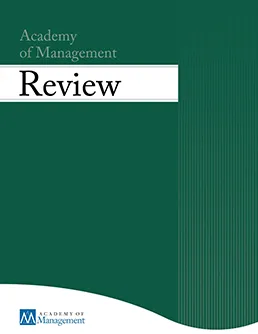Together with coauthors from the National University of Singapore, Jamie L. Gloor, Post-Doctoral researcher at our chair, has just published a new paper in the Academy of Management Review.
Although almost all employees have heard of or witnessed their colleagues being mistreated, workplace mistreatment continues and our understanding of these events remains incomplete. While past research largely assumes that observer emotions are congruent with victim emotions (i.e., observers feel sympathy for the victims and anger towards the perpetrators), we outline observer schadenfreude (i.e., pleasure at the misfortune of others) as a common yet counter-normative reaction that perpetuates mistreatment.
Based on appraisal theories of emotion, we propose a process model of schadenfreude emergence and development: initial schadenfreude occurs when observers appraise mistreatment incidents as relevant and conducive to their goals; this initial feeling evolves into either righteous or ambivalent schadenfreude, depending on observers' secondary appraisals of victim deservingness. We also address the implications of schadenfreude for observer behavior (e.g., emotion displays, active and passive mistreatment) and the moderating effects of observers' moral foundations and organizational civility climates.
Our model extends current knowledge about observer reactions and helps us understand the persistence and pervasiveness of workplace mistreatment.
